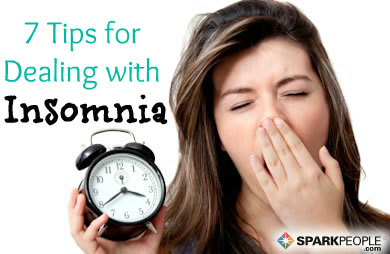|
It's late at night, and you're channel surfing. You land on a flashy infomercial for the latest workout or diet craze. On the screen, real people share stories about how they saw impressive results--losing 50 pounds in 5 months with no exercise, dropping 3 pants sizes in a short time with just 10 minutes of exercise a day, chiseling their bodies without changing their eating habits. At the bottom of the screen are three tiny words: results not typical. Celebrities and regular Joes alike tout various supplements, diets and workouts on TV, the Web and in magazines. This one product transformed their lives and bodies, we're led to believe. I've purchased a few workout gadgets over the years after being drawn in by the impressive results of the models in the informercials. Did I see results? Nope, at least not like the people on TV. As we all know, losing weight and getting in shape is not a one-step process. Neither diet nor exercise alone will do it, and no pill, powder, or product could transform my life--only I could. Since 1980, the last time the Federal Trade Commission updated its rules regarding endorsements and testimonials, products were protected by that ubiquitous phrase: results not typical. But this month that changed, which means celebrity diet endorsers might soon be out of a job. There's no doubt that the spokespeople in diet and fitness ads look great. But what's doubted is the amount of effort it took for them to get to that level of fitness or good health. Companies focus on the influence of their product, when it is usually a combo of good nutrition, regular exercise, and, in extreme cases, plastic surgery or a team of experts. Whether it's Valerie Bertinelli on the Jenny Craig ads, Dan Marino and Jillian Barberie on NutriSystem commercials, or any other celebrity or average Jane on a diet pill infomercials, these spokespeople and the companies paying them now have to share more details about their impressive results. According to the FTC, advertisers now have one of two options:
Associate director for advertising practices at the FTC's Bureau of Consumer Protection Mary Engle told the Wall Street Journal: "We identified a real problem where basically advertisers were evading their responsibility. Consumers were still being deceived by these ads even if advertisers inserted the words, "results not typical." I'm pleased by the ruling. Until the rest of the world learns what we already know, they need to be protected from believing that that fountain of youth or magic pill is out there. This healthy journey isn't easy, but the results are infinitely rewarding! What do you think about the ruling? Should celebrities and other spokespeople be more honest about their weight loss tricks? Have you ever purchased something you saw on TV? Which diet and fitness products have you tried? Did they work? |
|


.jpg)
.jpg)

.png)









